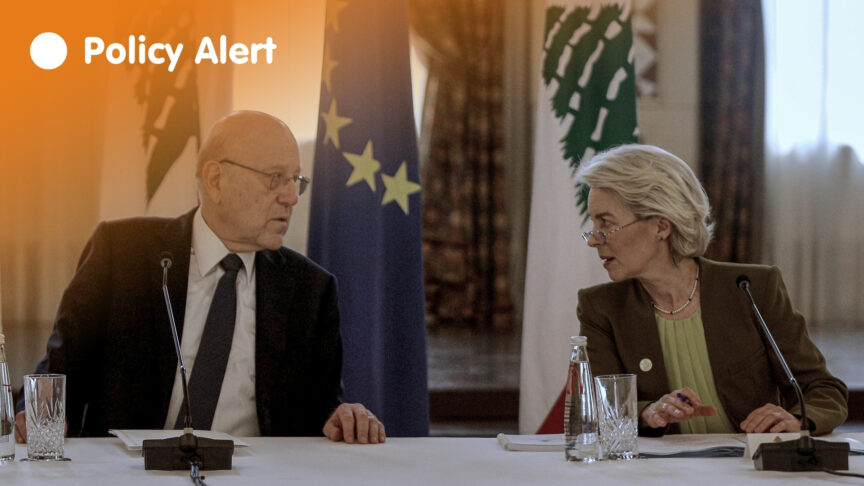
Strategic aid: How the EU-Lebanon migration deal can work
To effectively deter migration to Europe, the EU’s €1 billion aid package to Lebanon must require that Beirut address its deep political and economic troubles

To effectively deter migration to Europe, the EU’s €1 billion aid package to Lebanon must require that Beirut address its deep political and economic troubles
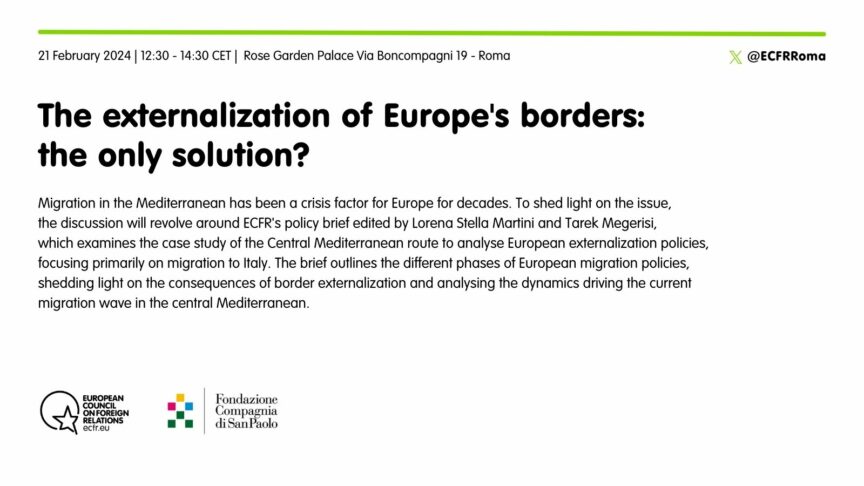
Migration in the Mediterranean has been a crisis factor for Europe for decades. To shed light on the issue, the discussion will revolve around ECFR’s policy brief edited by Lorena Stella Martini and Tarek Megerisi, which examines the case study of the Central Mediterranean route to analyse European externalization policies, focusing primarily on migration to Italy

Europeans can act now to help prevent an escalatory cycle in the Middle East and protect key European interests
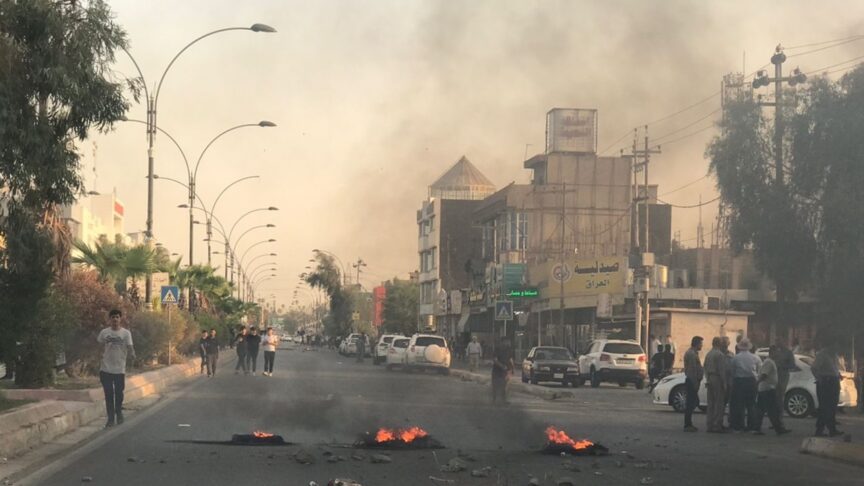
Recent escalations in Iraq’s contested Kirkuk province reveal the structural tensions inherent in the coalition government, posing a risk of Turkish and Iranian intervention and wider instability in the region
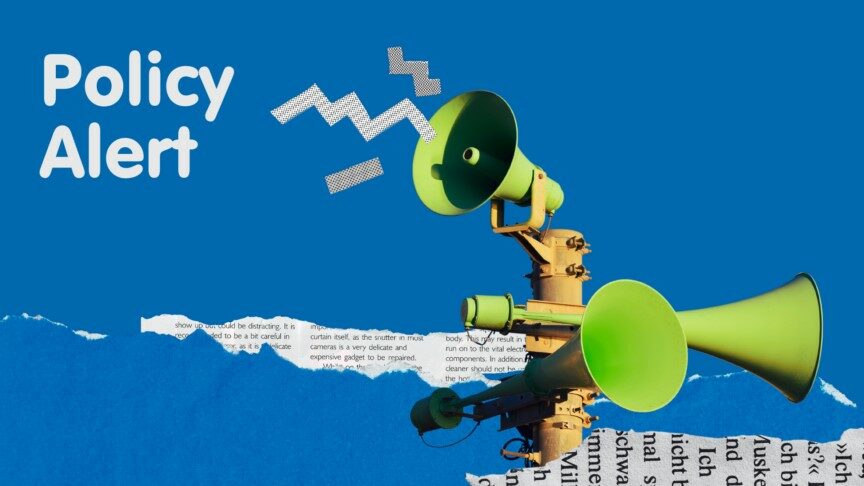
Quran desecration in Sweden and Denmark has drawn the ire of Muslim-majority countries. European governments should act now to prevent an escalation of tensions

In the aftermath of the earthquake, minimal aid is reaching north-west Syria, the most affected region in the country. European governments need to put humanitarian imperatives first, even if this means temporarily abandoning longstanding political positions
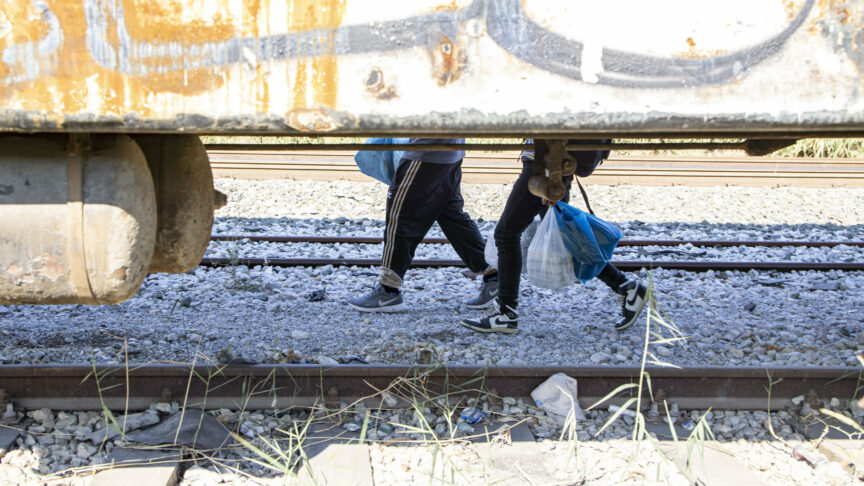
Europeans should adopt a new approach to supporting Syrian refugees – one that would also benefit host communities in Turkey, Lebanon, and Jordan
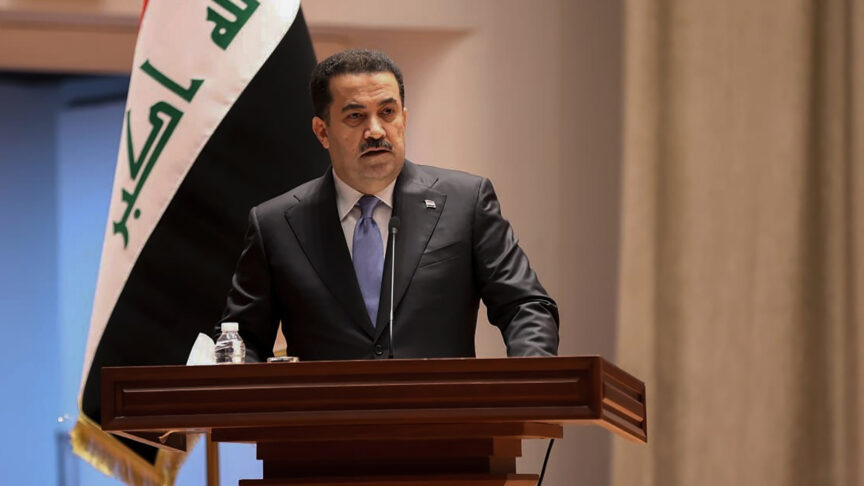
Iraq’s new prime minister is well placed to negotiate both the pitfalls of domestic politics and to play a mediating role within the Middle East
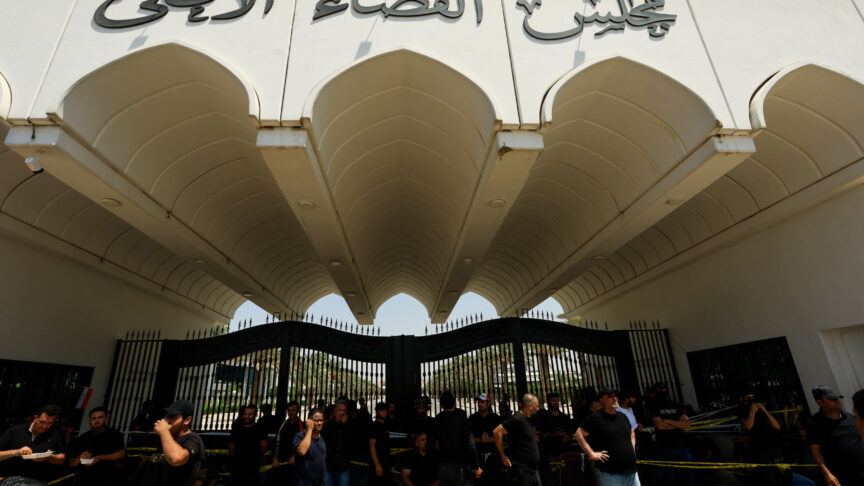
Europeans should avoid supporting a snap election simply because a political leader is unsatisfied with the result of a government formation process and threatens violence in response
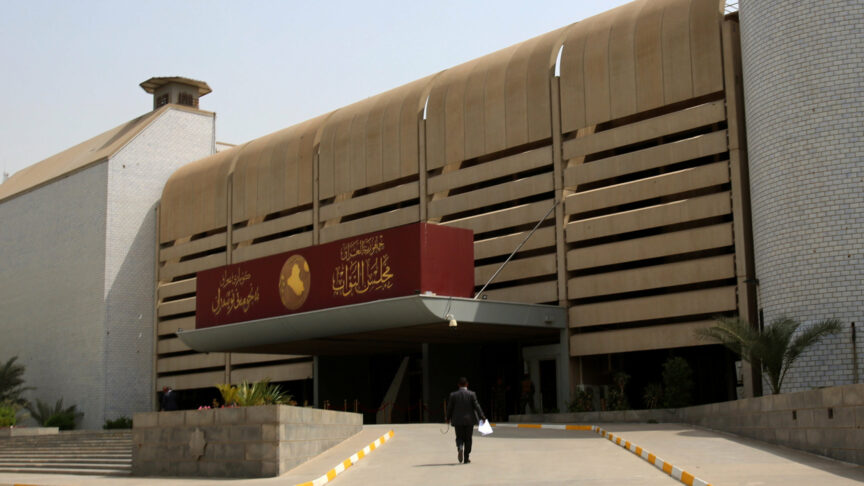
Iraqi leaders’ inability to form a government or deal with national challenges is destroying the legitimacy of the state. They need to appoint a new type of prime minister

Europeans should adopt a new approach to supporting Syrian refugees – one that would also benefit host communities in Turkey, Lebanon, and Jordan
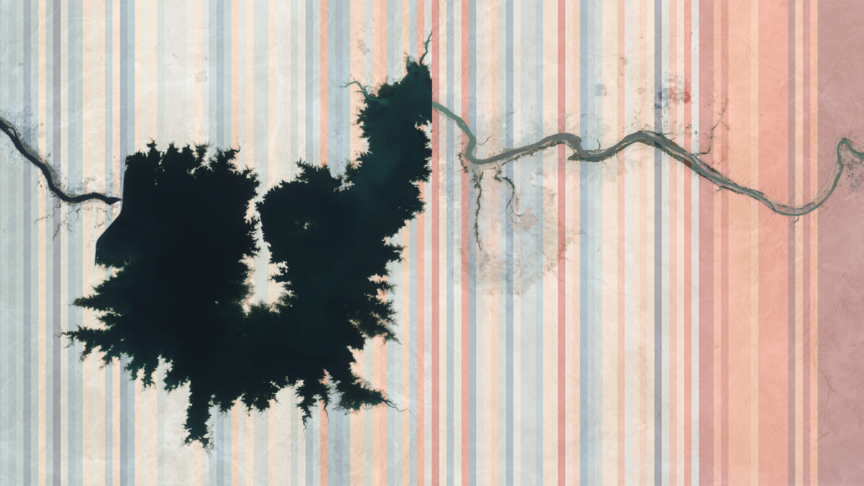
Climate change is increasing the strain on Iraqi society and public services. Despite this, the country’s political figures are overlooking the huge benefits that climate investment would bring
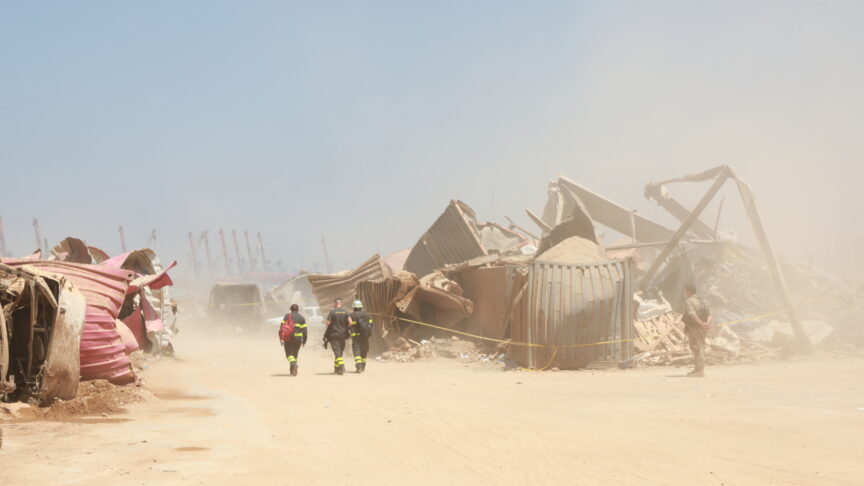
Lebanon is home to key strategic interests for the EU, which does not want another failed state on the Mediterranean
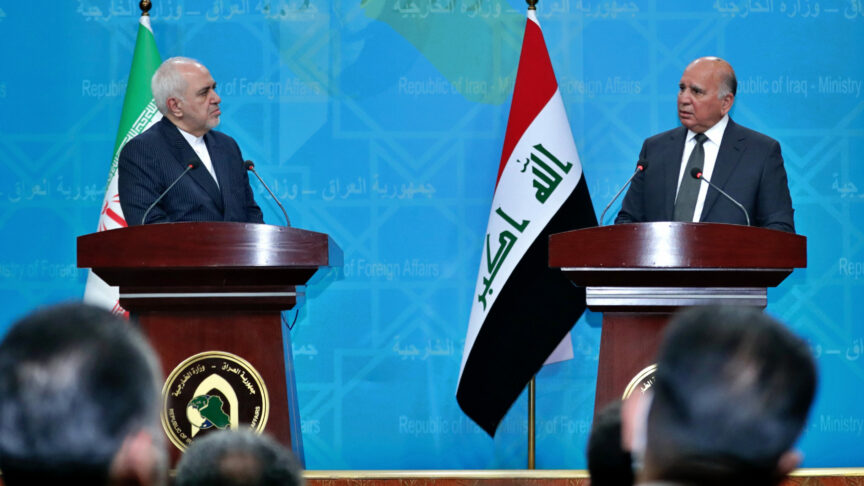
An Iraq that has diverse regional relationships is more likely to be stable and secure, in line with European interests in the Middle East
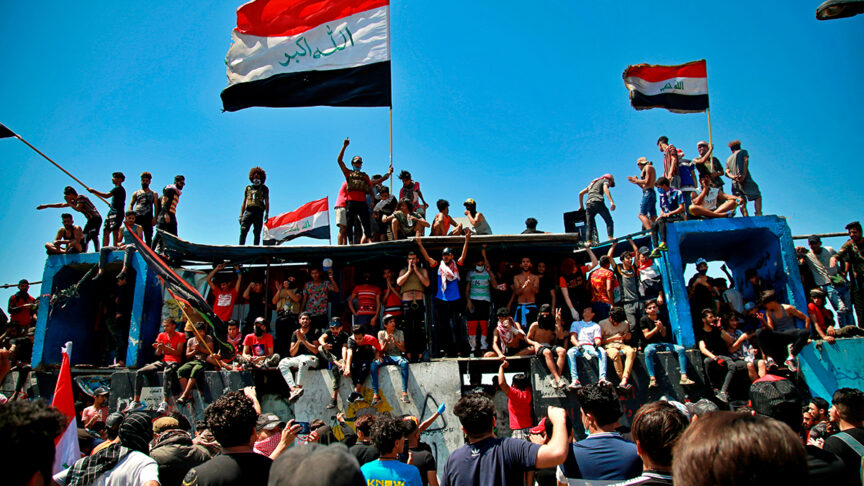
Europe should help the Kadhimi government undertake political and economic reform, increase its geopolitical autonomy, and take on a greater security role
EU member states can find ways to cooperate with Turkey to support stabilisation in parts of the safe zone, without violating their interests and core principle
European governments should pivot to a strategy focused on protecting those societal forces that are still standing and that can help salvage a better future
EU member states have failed to come up with a coherent policy on how to handle the hundreds of their citizens having travelled to join ISIS in Syria
Introduction After eight years of war, the Syrian government has reasserted control over much of the territory it lost to opposition and foreign forces. As…
Introduction After eight years of fighting and destruction resulting in the largest humanitarian and refugee crisis of our time, the government of Bashar al-Assad…

To effectively deter migration to Europe, the EU’s €1 billion aid package to Lebanon must require that Beirut address its deep political and economic troubles

Europeans can act now to help prevent an escalatory cycle in the Middle East and protect key European interests

Recent escalations in Iraq’s contested Kirkuk province reveal the structural tensions inherent in the coalition government, posing a risk of Turkish and Iranian intervention and wider instability in the region

Quran desecration in Sweden and Denmark has drawn the ire of Muslim-majority countries. European governments should act now to prevent an escalation of tensions

In the aftermath of the earthquake, minimal aid is reaching north-west Syria, the most affected region in the country. European governments need to put humanitarian imperatives first, even if this means temporarily abandoning longstanding political positions

Iraq’s new prime minister is well placed to negotiate both the pitfalls of domestic politics and to play a mediating role within the Middle East

Europeans should avoid supporting a snap election simply because a political leader is unsatisfied with the result of a government formation process and threatens violence in response

Iraqi leaders’ inability to form a government or deal with national challenges is destroying the legitimacy of the state. They need to appoint a new type of prime minister
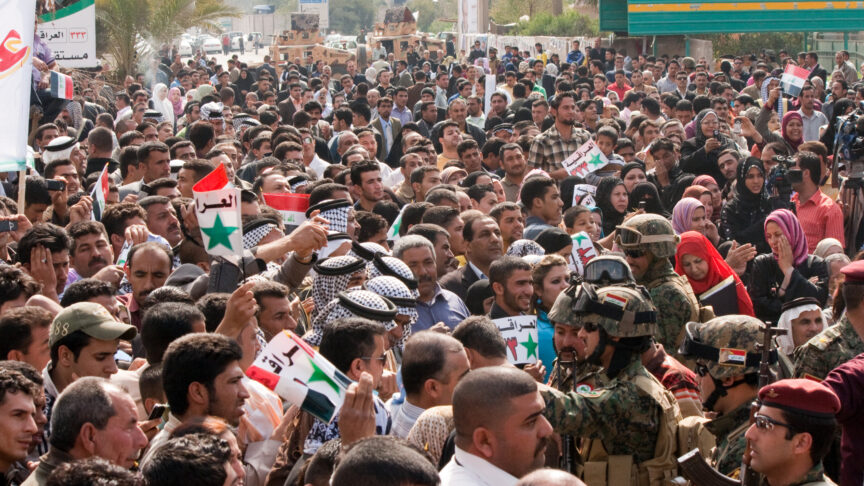
Much of Iraq’s post-war history has been a question of survival of the state. Now, Shia politicians are driving an intra-sect competition for leadership
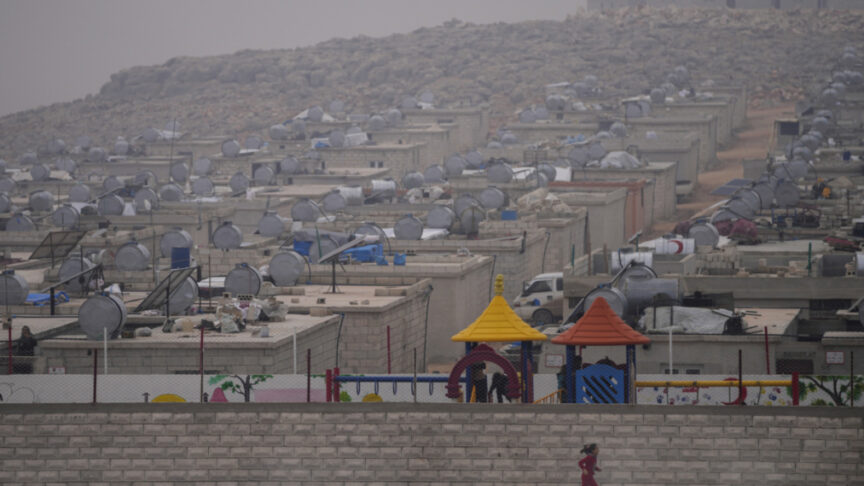
If Turkey and other countries begin deporting more Syrians back to Syria, Europe could experience a new wave of arrivals. European policymakers need to devise a more sustainable, longer-term approach to the issue
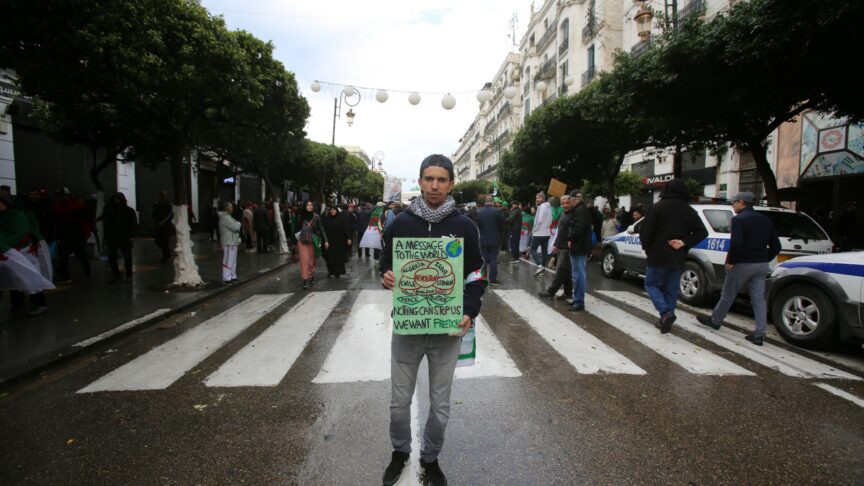
European states face accusations of neglecting the matter of human rights in their southern neighbourhood, and even of being complicit. Yet they are failing to maximise the influence they could bring to bear
The eastern Mediterranean is becoming ever more perilous as geopolitical fault lines steadily enmesh the region. These rifts emerge from the Cyprus ‘frozen conflict’, competition for valuable gas fields, and the increasingly entangled wars in Libya and Syria
An ECFR guide to the key disputes threatening to spark a wider Middle Eastern war
This series examines the reaction of key Middle Eastern actors, as well as looking at European policy options, the dynamics driving IS itself, and the impact within Syria and Iraq respectively.
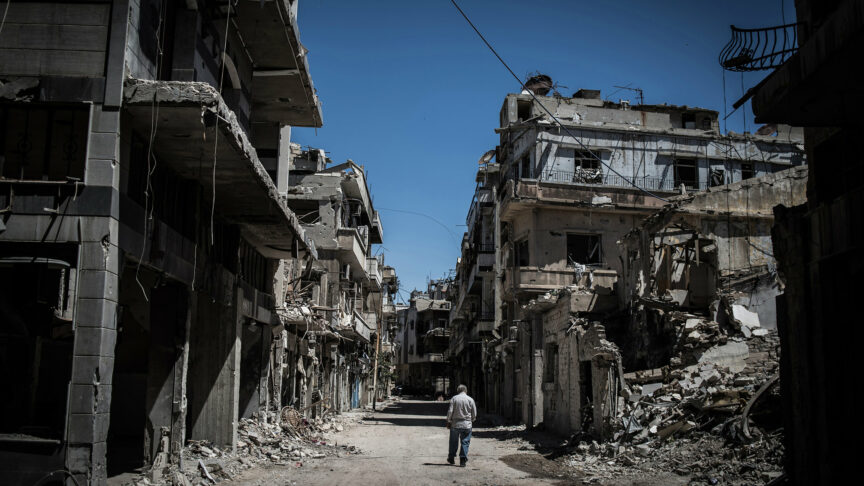
What does the re-engagement of regional actors mean for the future of Syria? And what role can Europe play to create breathing space in the country?
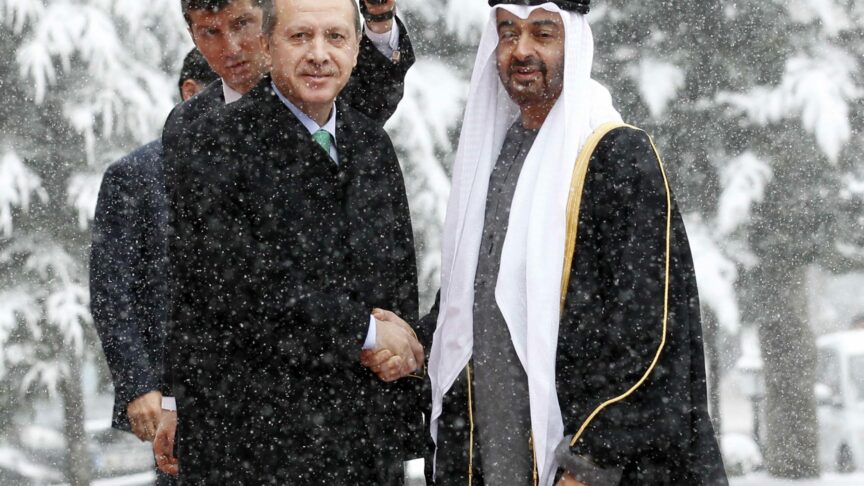
How can the EU prevent the Turkey-UAE rivalry from destabilising European security and foreign policy?
ECFR Conversation with Ibrahim Kalin, Spokesman and Senior Advisor to the President of Turkey, Recep Tayyip Erdoğan Chaired by Julien Barnes-Dacey, Director of ECFR’s…
The European Union faces a multi-crisis situation at the moment. As the conflict in Idlib and the circumstances at the Greek-Turkish border has erupted, Europe…
How will IS leader Abu Bakr al-Baghdadi’s killing impact ISIS as a terror organisation and the situation in Syria? Host Mark Leonard is joined by…
Turkey's offensive into northeast Syria is moving at an unprecedented pace with grave consequences. Europe's utter irrelevance in the face of US withdrawal from the Turkish/Syrian…
Anthony Dworkin steps in for Mark Leonard and discusses the US strategy in Syria with Asli Aydintasbas, Julien Barnes-Dacey and Jasmin El-Gamal. The podcast was recorded…
Podcast de notre conférence du 1 octobre en partenariat avec l’Institut d’études de sécurité de l’Union européenne (EUISS) : « Russia and the Middle East…
Mark Leonard examines the looming Syrian-Russian military action in Idlib in discussion with ECFR experts Asli Aydıntaşbaş, Julien Barnes-Dacey, and Almut Möller. What do Turks…
Is France alone in the desert? ECFR experts Julien Barnes-Dacey and Manuel Lafont Rapnouil discuss how France can lead Europe in the Middle East

Migration in the Mediterranean has been a crisis factor for Europe for decades. To shed light on the issue, the discussion will revolve around ECFR’s policy brief edited by Lorena Stella Martini and Tarek Megerisi, which examines the case study of the Central Mediterranean route to analyse European externalization policies, focusing primarily on migration to Italy
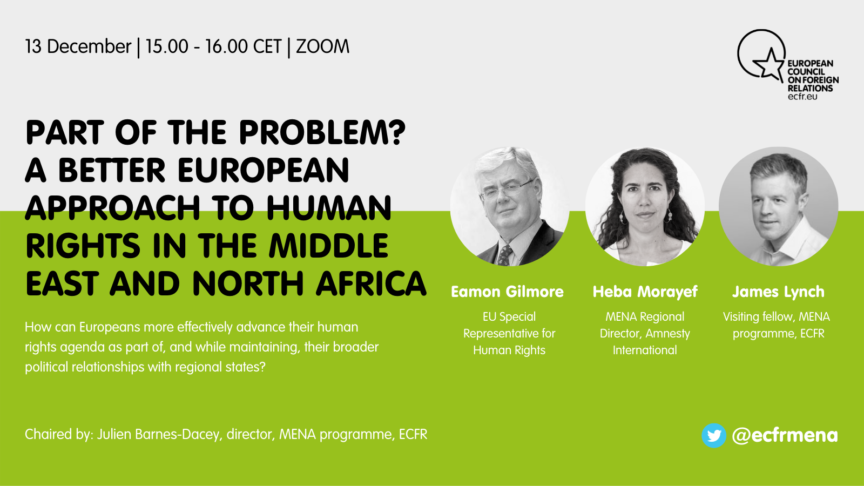
How can Europeans more effectively advance their human rights agenda as part of, and while maintaining, their broader relationships with regional states?

Madame, Monsieur, cher.e.s ami.e.s de l’ECFR, Nous avons le plaisir de vous inviter à un Black Coffee Morning sur le thème suivant :…
The ECFR chairs a morning session on the highly sensitive topic about Europe´s ISIS fighters who left the continent and are now detained in Syria. What should Europe do? This is the question the experts aim to answer in this open black coffee morning event
An off-the-record discussion on the need for a pan-European effort for repatriating the children of ISIS members
A panel discussion on the effects of the withdrawal of American troops from Syria and the EUs possibilities with regards to reacting to the ongoing crisis
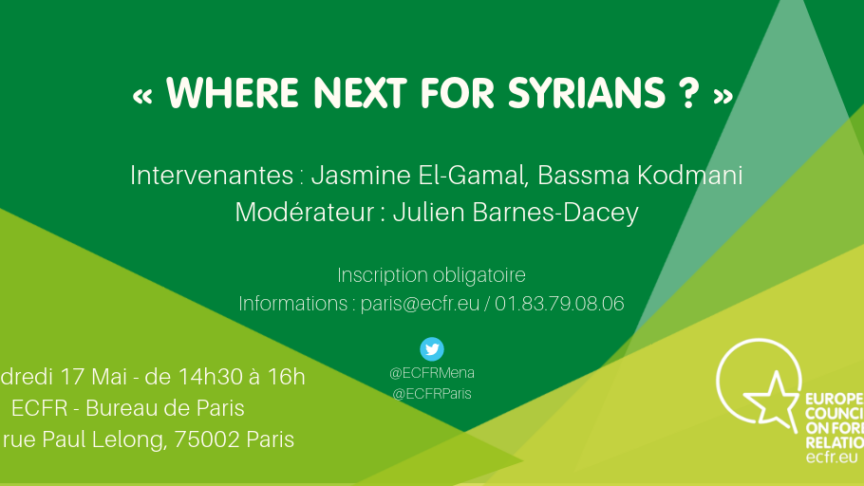
Nous avons le plaisir de vous inviter à une table-ronde avec Jasmine El-Gamal, Bassma Kodmani et Julien Barnes-Dacey sur le thème suivant : « Where next for Syrians ? »
Discussion of recent developments in Syria and the implications for European policy toward the ongoing crisis.
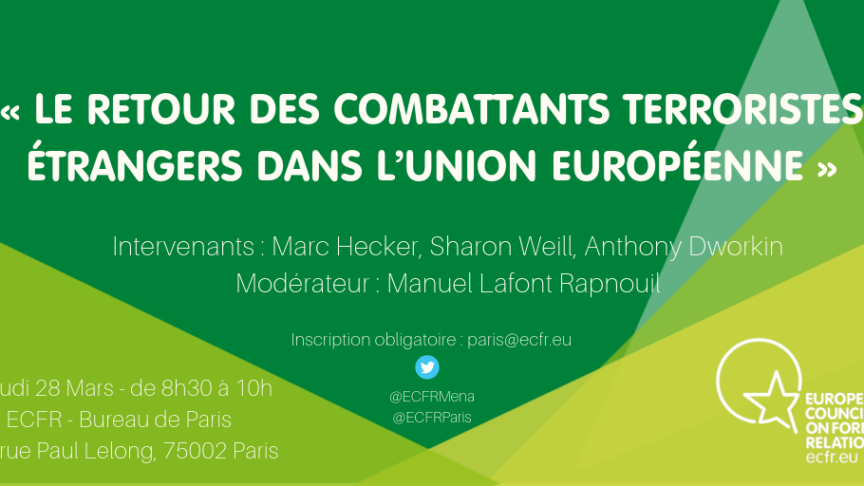
Nous avons le plaisir de vous inviter à un Black Coffee Morning, en présence de Marc Hecker, Sharon Weill, Anthony Dworkin et Manuel Lafont Rapnouil, directeur du bureau de Paris de l’ECFR sur le thème suivant : « Le retour des combattants terroristes étrangers dans l’Union Européenne ».

Nous avons le plaisir de vous inviter à un Black Coffee Morning, en présence de Delphine O, Florence Gaub et Camille Lons sur le thème suivant : « Irak : quels enjeux pour l'Europe ? ».